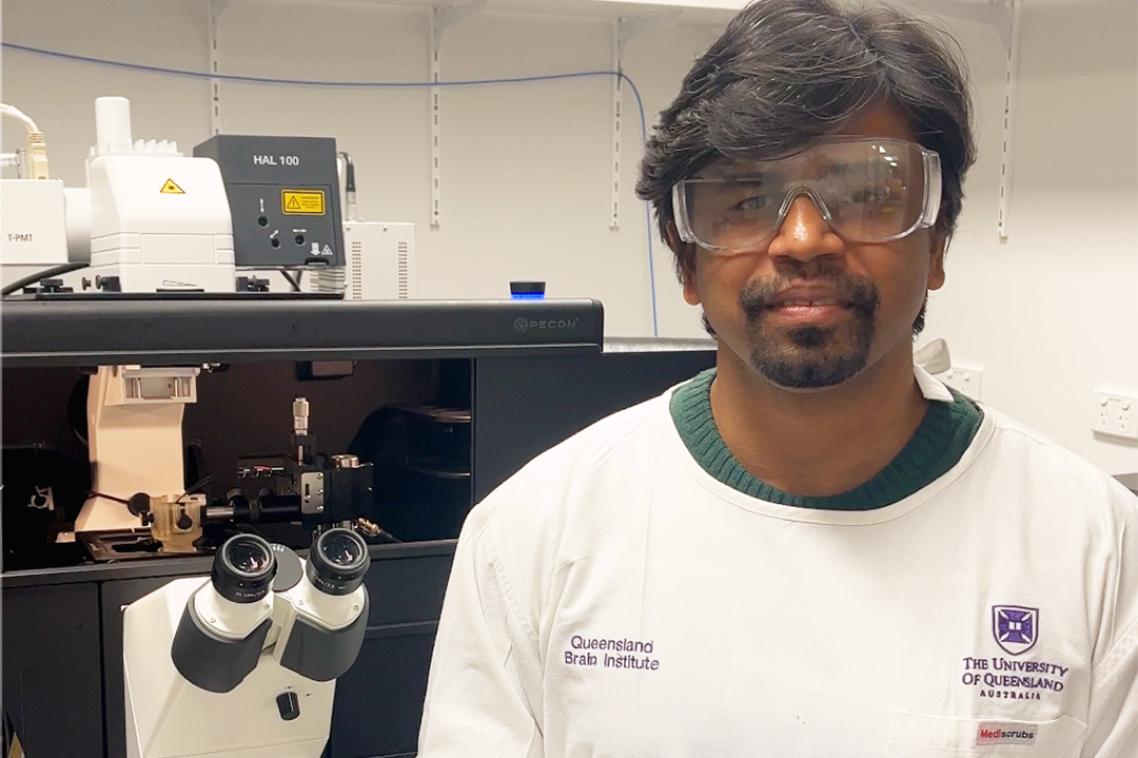Dementia’s gender differences revealed

Dementia is one of the leading causes of death in Australia, but University of Queensland research has found the disease affects men and women differently.
UQ health biostatistician Dr Michael Waller said the collaborative study with the Florey Institute of Neuroscience and Mental Health examined 1.1 million Australian death certificates for any mention of dementia.
“As people live longer the chance of getting dementia increases significantly, especially over the age of 80,” Dr Waller said.
“Our study looked for records where dementia was listed either as the cause of death or as an underlying cause.
“Within the 184,562 certificates, we found that women had 14 per cent higher rates of death from the most common form of dementia – Alzheimer’s disease.
“Alzheimer’s disease causes dementia by destroying the nerve cells in the brain.”
The research revealed men had a 20 per cent higher rate of death from vascular dementia.
Vascular dementia is caused by impaired blood flow to the brain and is the second most common type of dementia after Alzheimer's disease.
Dr Waller said the findings suggested there could be underlying biological factors driving the different rates of Alzheimers and vascular dementia among men and women.
“These factors might include hormonal changes, particularly during menopause, and even differential risk for other conditions such as cardiovascular disease,” he said.
“There’s a real need to look at the whole picture when studying how a disease like dementia affects a population.
“Regardless of the gender differences, society needs to consider the implications of people living longer and more people developing dementia.”
The study is published in the American Journal of Epidemiology (doi.org/10.1093/aje/kwz048).
Media: Faculty of Medicine Communications, med.media@uq.edu.au, +61 7 3365 5118.
Topics
Related articles

New ultrasound imaging to map drug delivery into the brain

Staying physically active cuts risk of early death by 40 per cent
Media contact
UQ Communications
communications@uq.edu.au
+61 429 056 139
